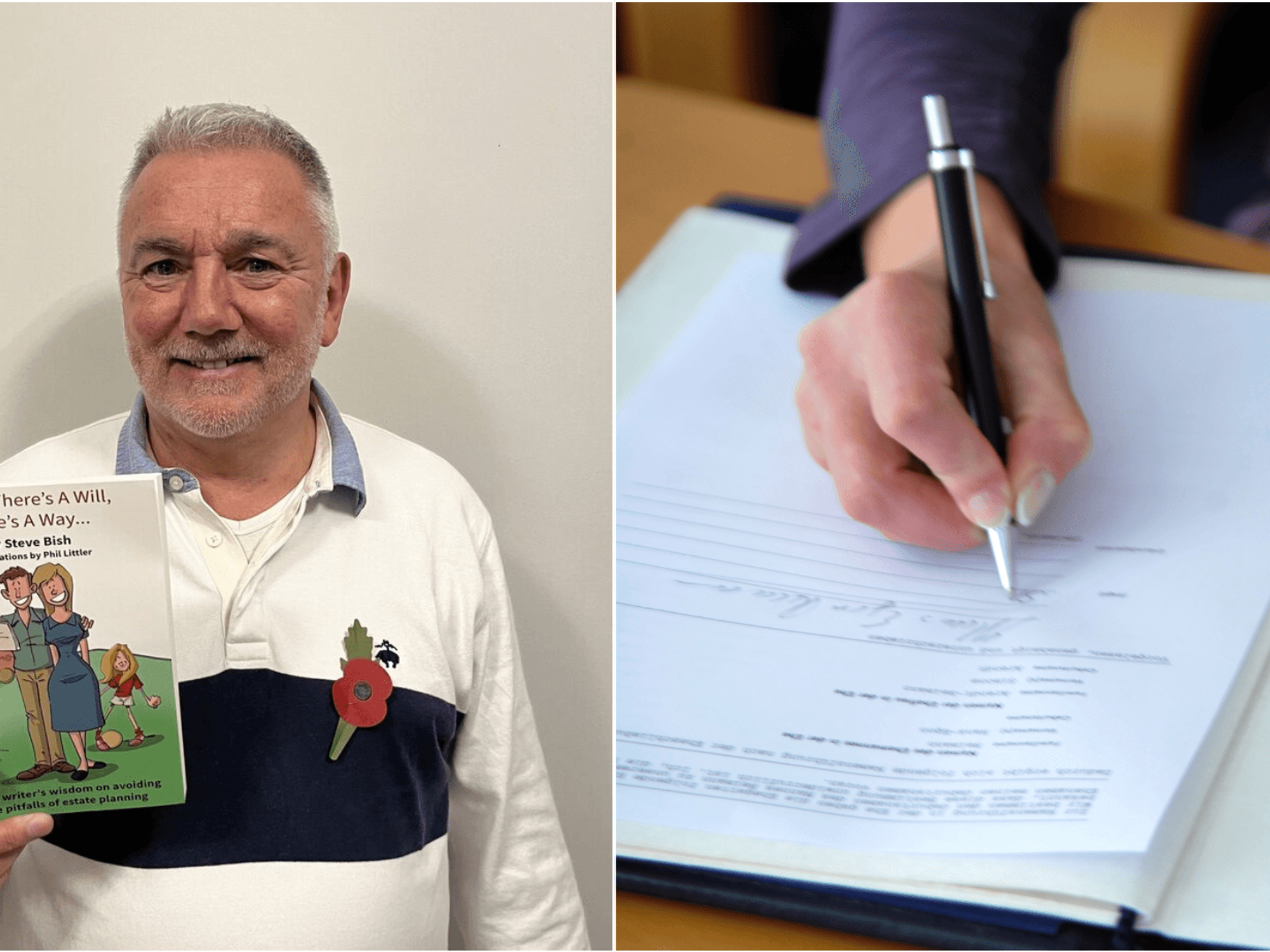State pension to reach £11,501 next year - pensioners to see at least 8.5% rise under triple lock

The state pension increased by 10.1 per cent in April 2023 and another bumper rise is expected in April 2024
|PEXELS

Another bumper state pension rise is expected in April 2024 after the state pension increased by 10.1 per cent this year
Don't Miss
Most Read
The full new state pension is expected to reach £11,501 next year after the earnings element used in the triple lock was published today.
Wage growth in the three months to July 2023, published by the ONS today, showed an 8.5 per cent rise.
It would mean the full new state pension would increase from £203.85 to £221.17.
September's inflation figure is widely expected to be below the current figure for wage inflation, meaning wages could be the highest figure in the triple lock for April 2024.

The state pension is set to rise by at least 8.5 per cent under the triple lock next year
|PEXELS
Helen Morrissey, head of retirement analysis at Hargreaves Lansdown, said: “We always thought inflation would be the key factor when it came to the triple lock, but soaring wages look set to outstrip it, with annual wage growth of 8.5 per cent.
"This has the potential of delivering a bumper state pension increase next year, with recipients of the full new state pension receiving more than £221 per week from next April.
"Inflation has proved unpredictable and could rise again ahead of next month, but with it currently standing at 6.8 per cent it would need to be a truly enormous rise to outstrip what we are seeing here."
The full basic state pension, which older pensioners who retired before April 2016 get, would see a weekly rise from £156.20 to £169.47, and an annual rise from £8,122 to £8,812.
Alice Guy, head of pensions and savings at interactive investor said the triple lock increase was "great news" for millions of pensioners, providing a "lifeline" for many poorer households.
She added: "One in eight pensioners don’t have any income in addition to the state pension and are completely dependent on the triple lock to help them cover their rising costs. Women are particularly likely to rely solely on the state pension, especially if they are on their own, as many have taken time out from the workplace, which makes it harder to build up a workplace pension.
“It’s important to remember that, even with the triple lock, the UK state pension is still one of the lowest in Europe. Many other countries have a state pension system based on the amount you pay in, rather than a simple flat rate.
"That means UK pensioners are hugely reliant on workplace pensions to supplement their state pension income. But not everyone has access to a workplace pension. Those who are long-term carers, disabled or simply self-employed often end up with the rough end of the lollipop when it comes to retirement incomes.”
What do you think about the state pension? If you have a story or a view you'd like to share, email the money team at money@gbnews.uk.
LATEST DEVELOPMENTS:

An 8.5 per cent rise would mean the full new state pension would increase from £203.85 to £221.17
|PEXELS
Ms Guy warned the Government has a "difficult balancing act" ahead as it considers the needs of the poorest pensioners and an "increasingly expensive" state pension bill.
She said: "One option would be for the government to consider using longer-term averages, rather than short-term data to determine the triple lock. This would reduce the risk of the triple lock being skewed by short-term trends.”
Becky O’Connor, director of public affairs at PensionBee, said: “A state pension ‘pay rise’ for pensioners next year will make the triple lock promise more costly than ever and call into question whether this mechanism of guaranteeing increases can continue."
However, Ms O'Connor warned against the Government making any "knee-jerk" reactions.
She said: “Any knee-jerk, poorly considered reaction by the Government to deal with the rising state pension bill now risks harming pensioners for decades to come.
"Without increases in line with earnings or inflation, they would be at risk of real income falls in future."










